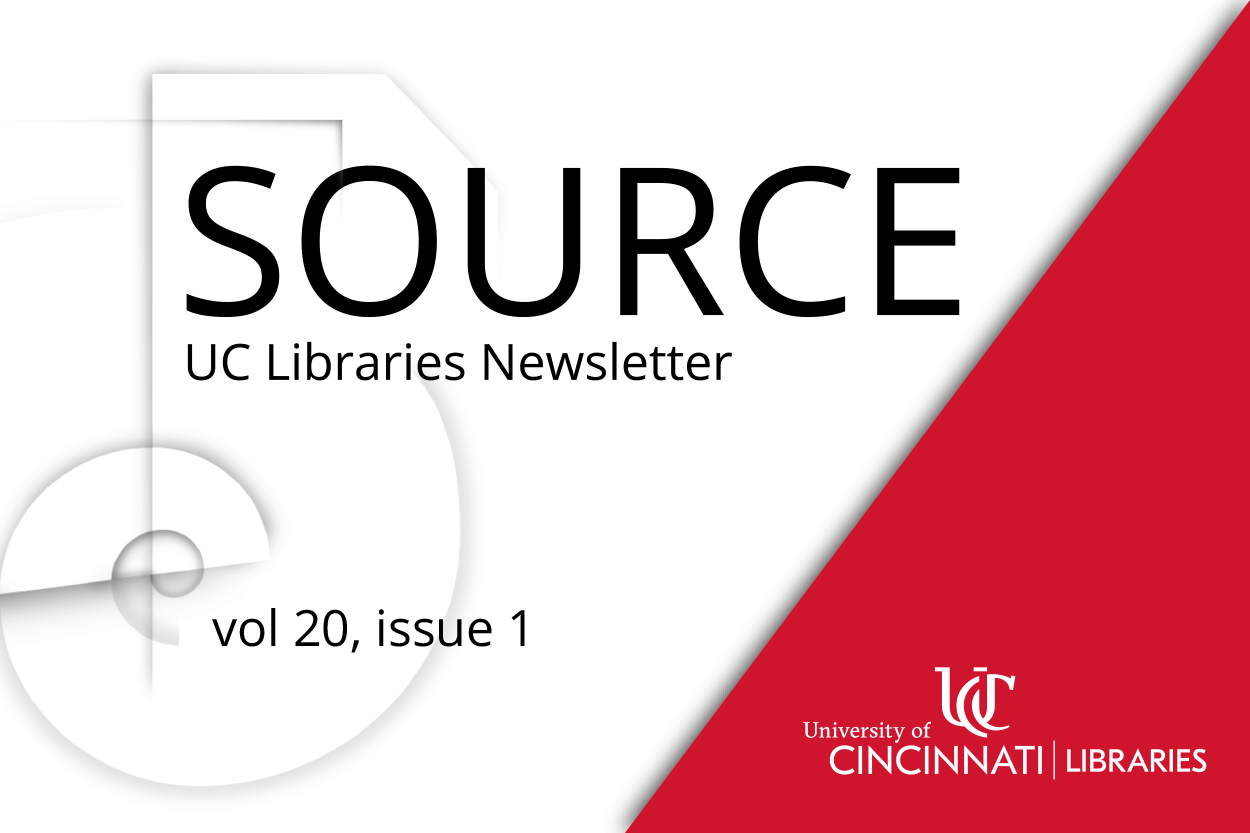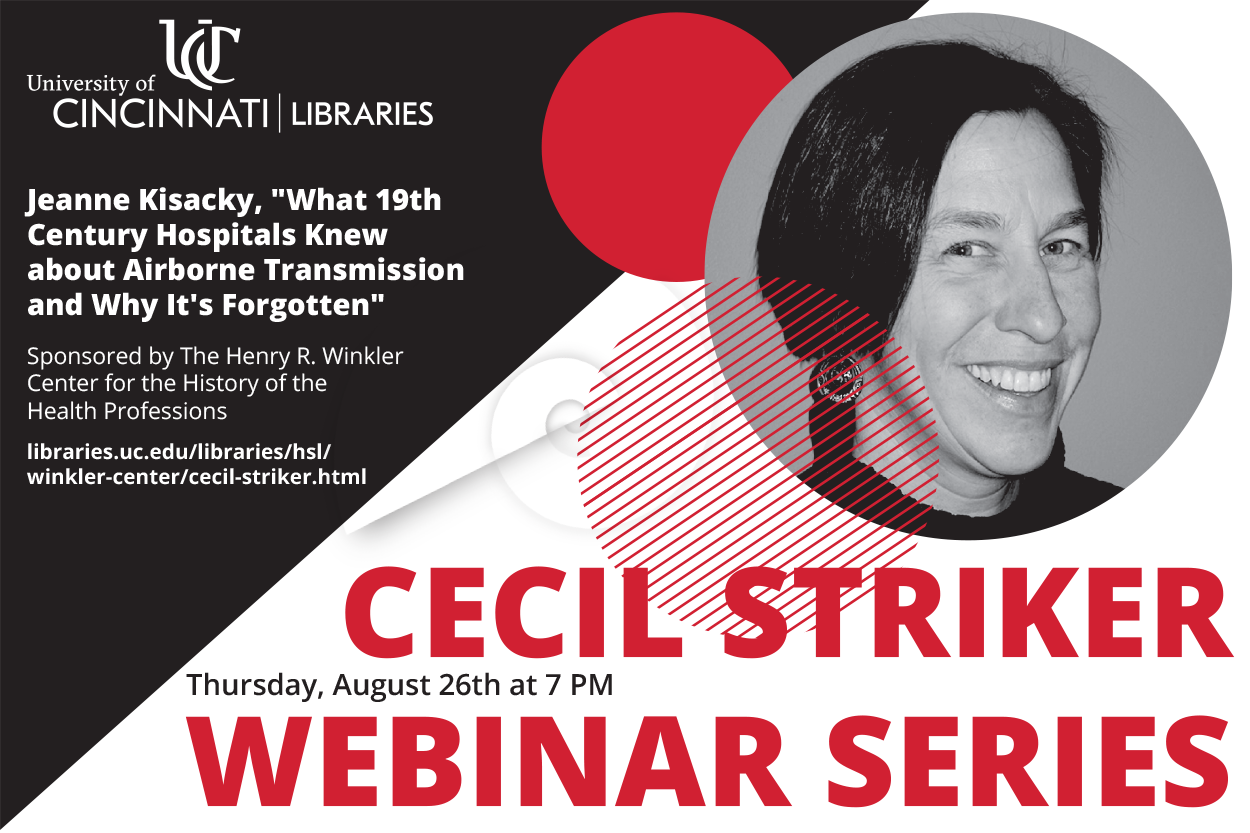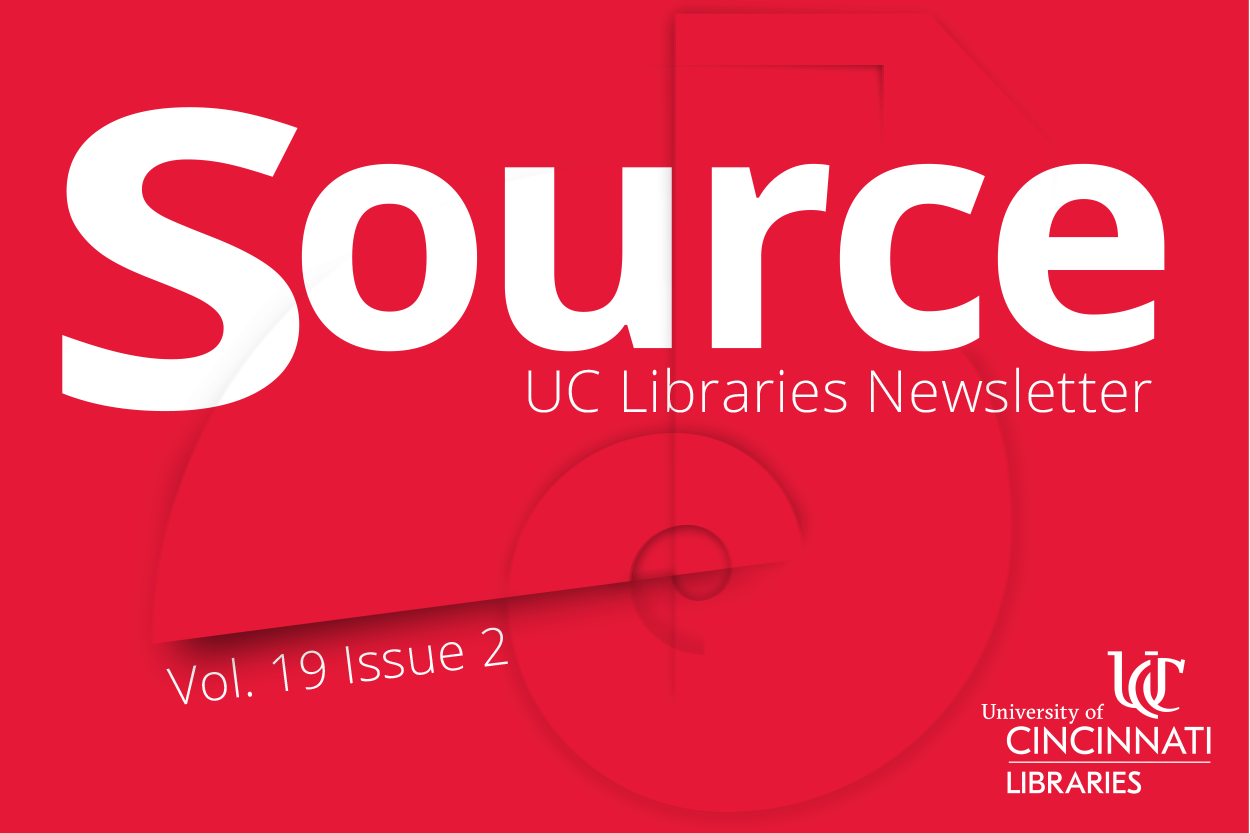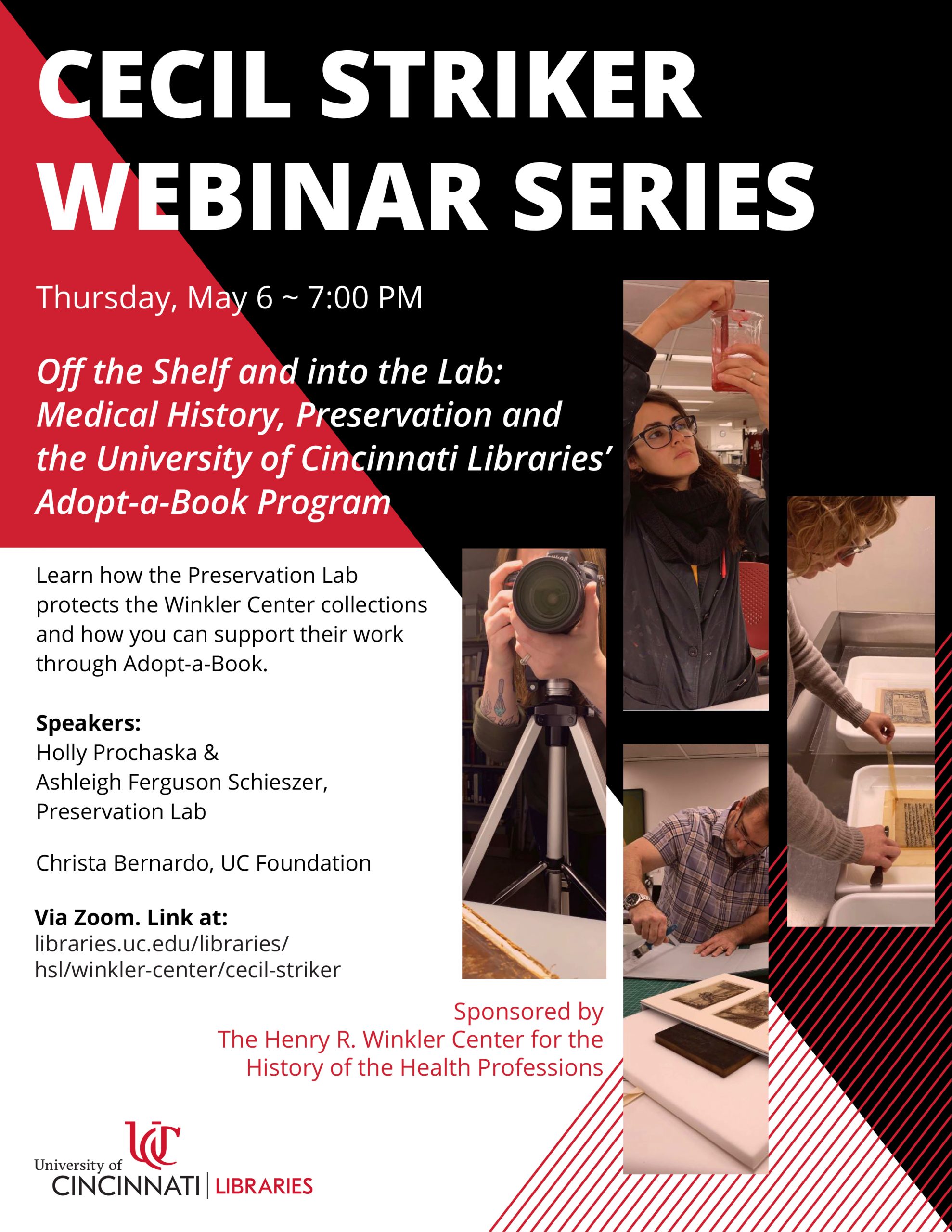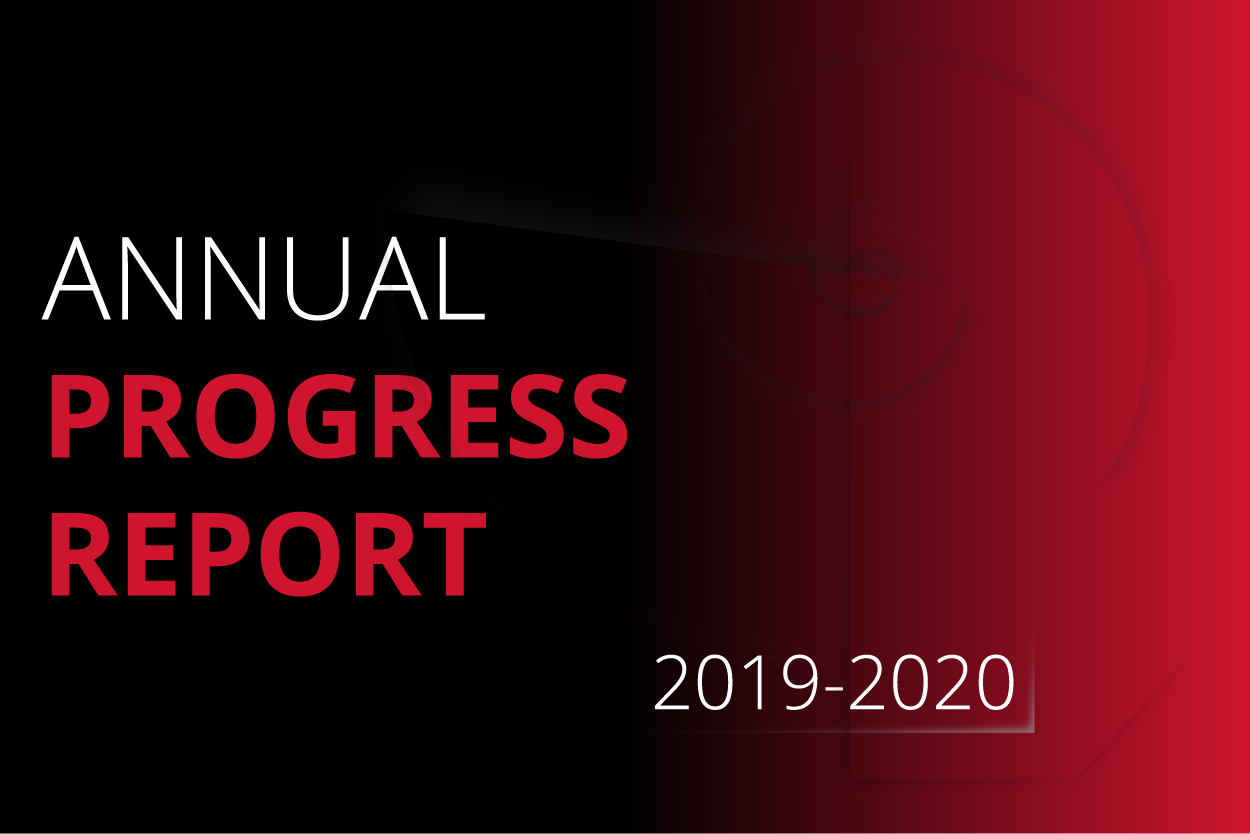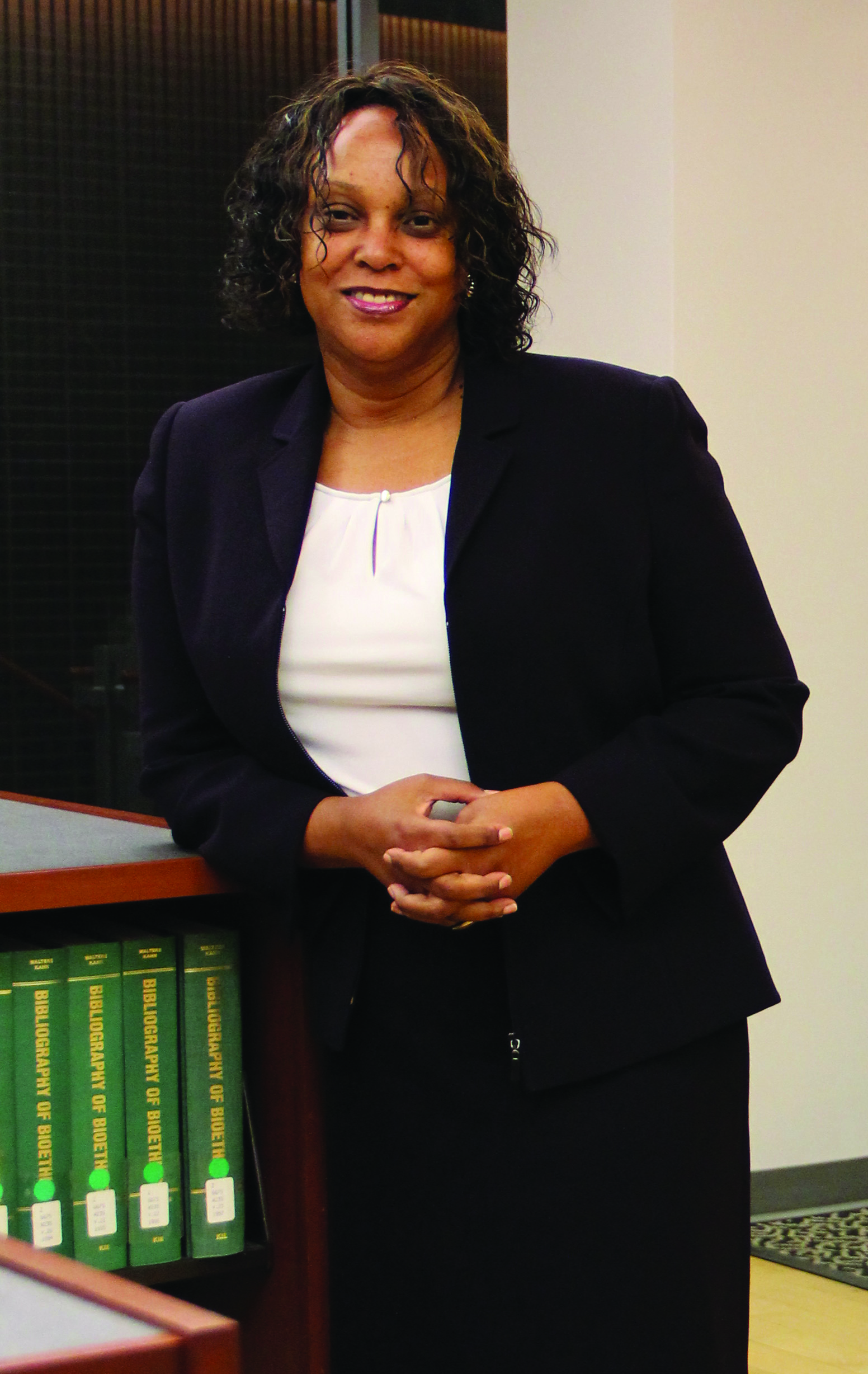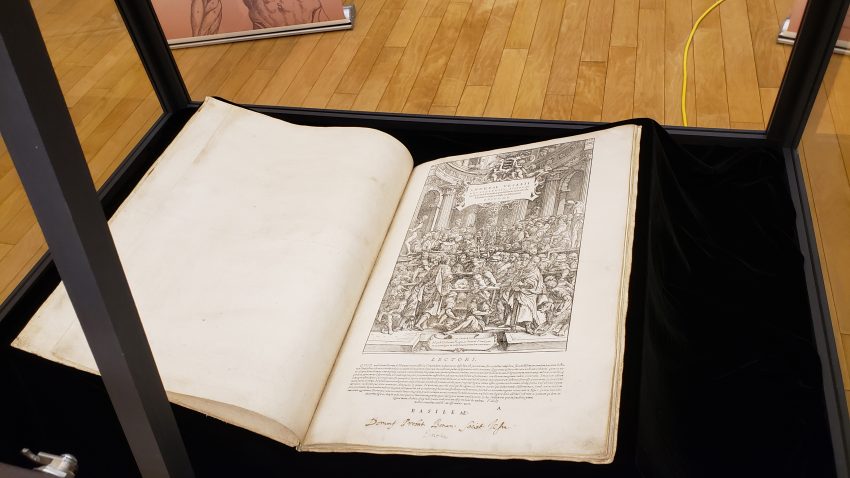
The Fabrica
The Henry R. Winkler Center for the History of the Health Professions, University of Cincinnati Libraries and the College of Medicine are hosting a series of lectures and exhibits exploring the Renaissance anatomist and physician Andreas Vesalius (December 1514 – June 1564). Vesalius revolutionized the study and practice of medicine with his careful descriptions and anatomical studies of the human body published in “De humani corporis fabrica libri septem” (“On the Fabric of the Human Body in Seven Books”).
Join us Tuesday, Dec. 14 at 12:00 p.m. online via Zoom for the third lecture in the six-part series – “The Impact of Vesalius: Short-Term and Long-Term Perspectives.” Award-winning cultural historian Dániel Margócsy, PhD, University of Cambridge, will discuss the book he co-authored with Mark Samos, PhD, Alexander von Humboldt Foundation Fellow and senior research affiliate at the Max Planck Institute for Comparative Public Law and International Law, and Stephen Joffe, MD, professor, Department of Surgery, University of Cincinnati College of Medicine, “The Fabrica of Andreas Vesalius. A Worldwide Descriptive Census, Ownership and Annotations of the 1543 and 1555 Editions.”
The initial reception of the 1543 edition was highly controversial and Vesalius encountered a great deal of criticism and attack by his former teachers and contemporaries. Slowly over time, the validity of his introduction of the scientific approach to teaching and learning human anatomy firsthand took hold and by the time of the second edition in 1555, the truths contained in the “Fabrica” were diffusing into medical schools across Europe.
Register to attend to the lecture.
More information about The Illustrated Human lecture series and accompanying exhibits is available on the Vesalius website.
The Illustrated Human: The Impact of Andreas Vesalius is sponsored by Stephen and Sandra Joffe.

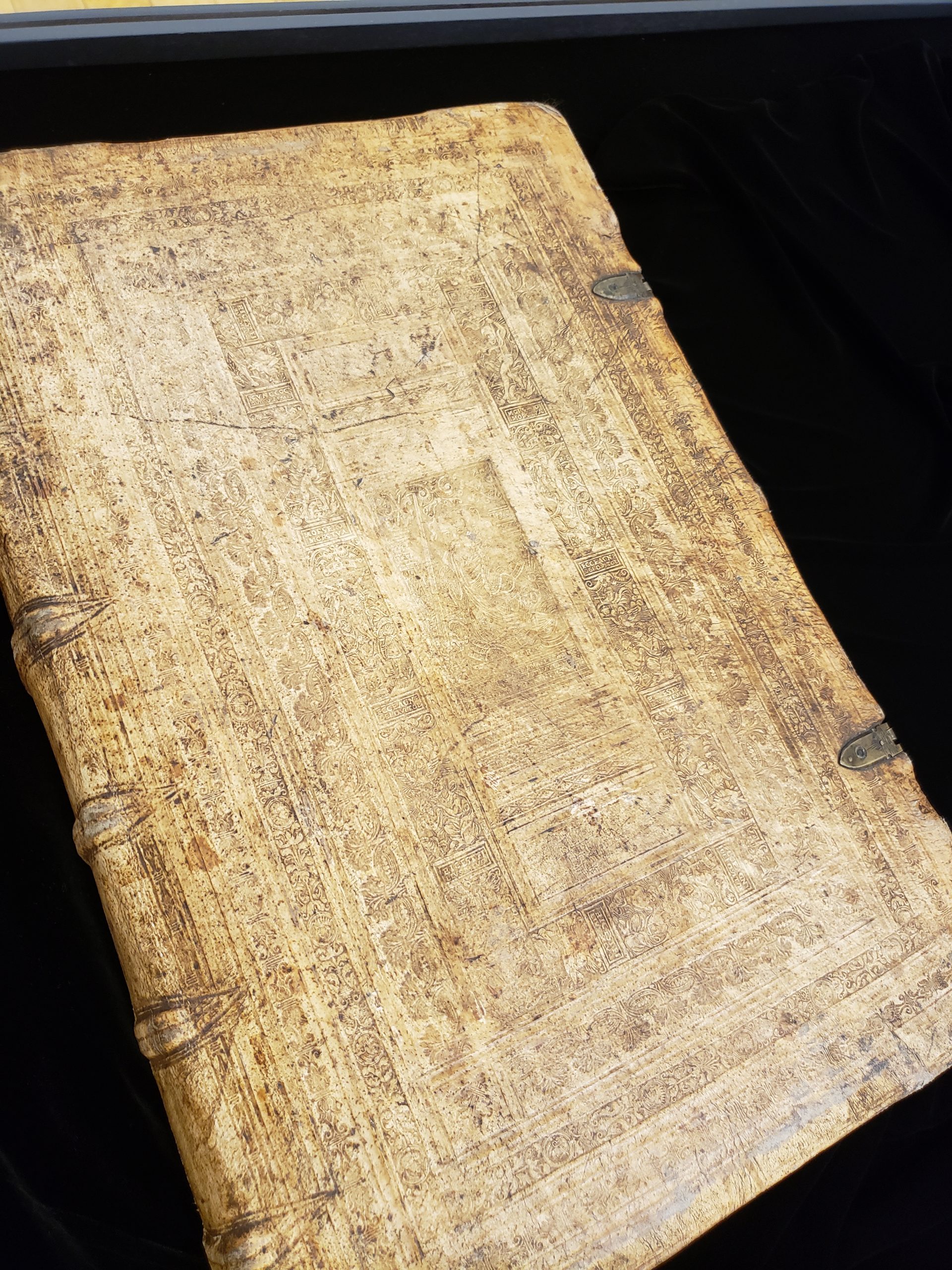 The Henry R. Winkler Center for the History of the Health Professions invites you, as part of its Illustrated Human: The Impact of Andreas Vesalius lecture and exhibit series, to register for an up-close-personal look at Vesalius’s 1543 and 1555 editions of De humani corporis fabrica (“On the Fabric of the Human Body in Seven Books”). “Fabrica” was the most extensive and accurate description of the human body of its time. Most likely drawn by Vesalius colleague Jan Stephan a Calcar and Italian artist Titian, “Fabrica” is widely known for its illustrations, where skeletons and bodies with exposed muscular structures pose in scenic, pastoral settings.
The Henry R. Winkler Center for the History of the Health Professions invites you, as part of its Illustrated Human: The Impact of Andreas Vesalius lecture and exhibit series, to register for an up-close-personal look at Vesalius’s 1543 and 1555 editions of De humani corporis fabrica (“On the Fabric of the Human Body in Seven Books”). “Fabrica” was the most extensive and accurate description of the human body of its time. Most likely drawn by Vesalius colleague Jan Stephan a Calcar and Italian artist Titian, “Fabrica” is widely known for its illustrations, where skeletons and bodies with exposed muscular structures pose in scenic, pastoral settings.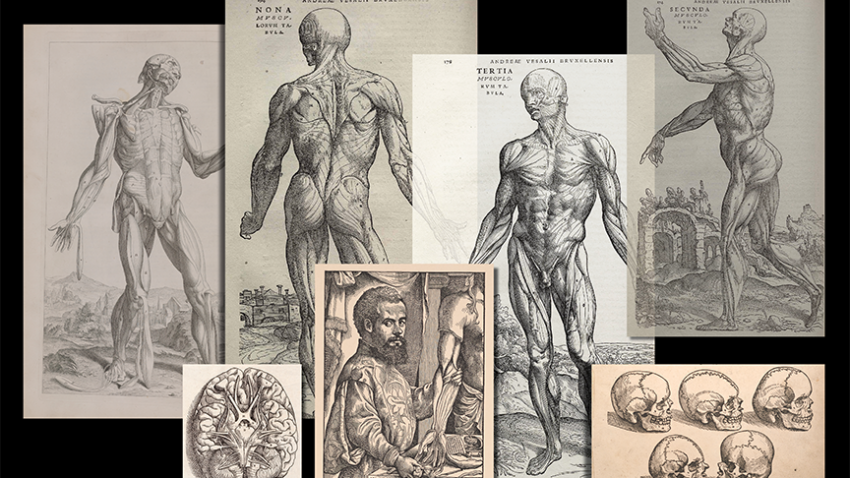 The Henry R. Winkler Center for the History of the Health Professions, University of Cincinnati Libraries and the College of Medicine are hosting a series of lectures and exhibits exploring the Renaissance anatomist and physician Andreas Vesalius (December 1514 – June 1564). Vesalius revolutionized the study and practice of medicine with his careful descriptions and anatomical studies of the human body published in “De humani corporis fabrica libri septem” (“On the Fabric of the Human Body in Seven Books”).
The Henry R. Winkler Center for the History of the Health Professions, University of Cincinnati Libraries and the College of Medicine are hosting a series of lectures and exhibits exploring the Renaissance anatomist and physician Andreas Vesalius (December 1514 – June 1564). Vesalius revolutionized the study and practice of medicine with his careful descriptions and anatomical studies of the human body published in “De humani corporis fabrica libri septem” (“On the Fabric of the Human Body in Seven Books”).